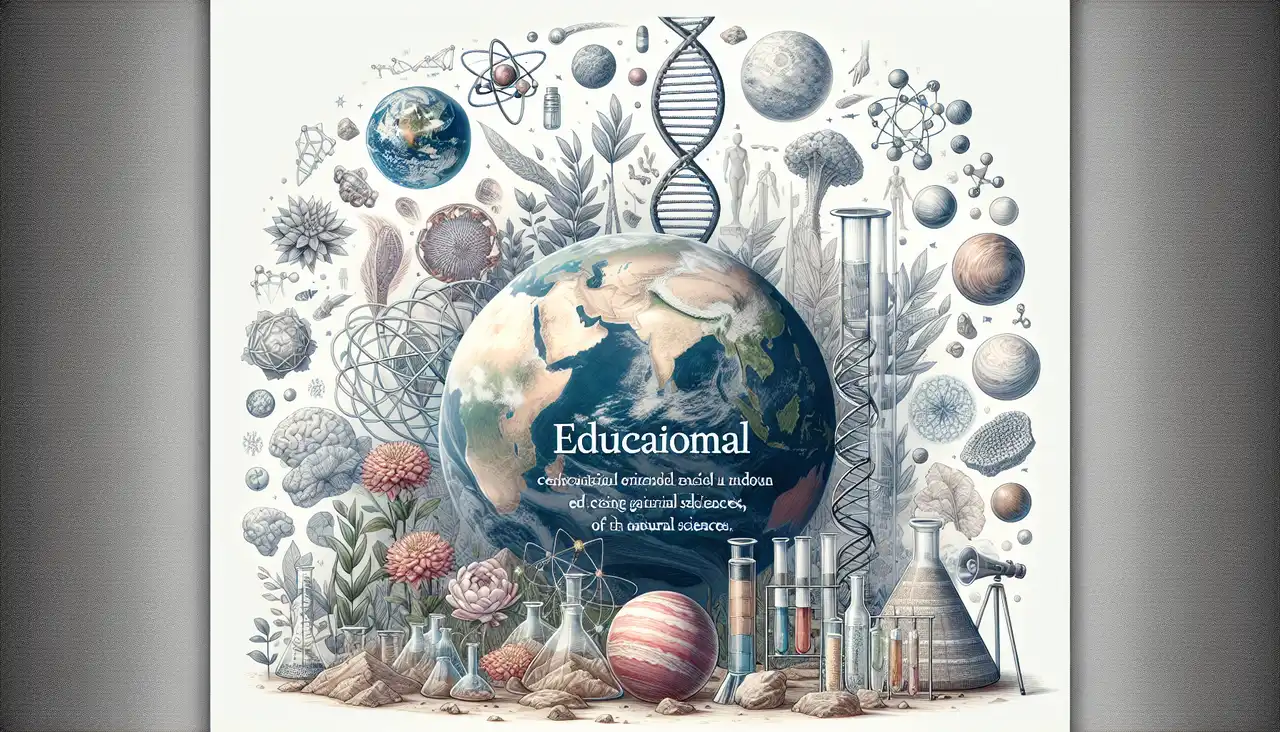

John DeLong
Professor with expertise in ecological and evolutionary energetics, Dr. John DeLong serves as an Associate Professor in the School of Biological Sciences at the University of Nebraska–Lincoln. His academic journey is marked by a profound interest in understanding the intricate role of energy use in shaping both ecological processes and evolutionary dynamics. Dr. DeLong's research is centered on the exploration of how energy constraints influence ecological patterns across various scales, providing insights into the fundamental mechanisms that govern life on Earth. Dr. DeLong employs a unique blend of modeling and empirical approaches to delve into complex ecological questions. His work prominently features the integration of ecological modeling with macroecology, offering a comprehensive view of how organisms interact with their environments and the resulting implications for biodiversity and ecosystem function. This interdisciplinary approach allows him to address questions that bridge the gap between theoretical predictions and real-world observations. A significant focus of Dr. DeLong's research is the evolution of body size, a critical trait that influences an organism's survival and reproductive success. By examining the factors that drive size evolution, he aims to uncover the evolutionary pressures that shape the diversity of life forms. His investigations extend to the impact of extra-metabolic energy use, particularly in human populations, where he examines how energy consumption patterns affect life history traits and population growth. Dr. DeLong's work is not only theoretical but also has practical implications for understanding sustainability and human impacts on the environment. By unraveling the consequences of energy use on human populations, his research contributes to discussions on sustainable development and resource management. His findings offer valuable perspectives on how societies can balance energy needs with ecological integrity. Throughout his career, Dr. DeLong has been dedicated to advancing the field of ecological energetics, contributing to a deeper understanding of the energy dynamics that underpin ecological and evolutionary processes. His research continues to illuminate the complex interactions between organisms and their environments, providing a foundation for future studies in macroecology and evolutionary biology.